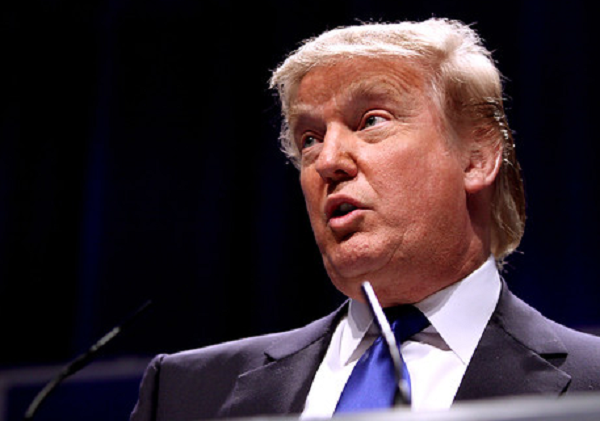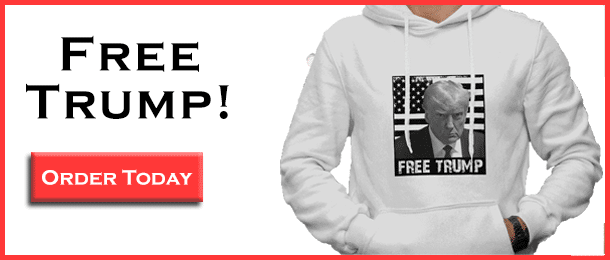Legal expert Jed Handelsman Shugerman from Boston University argued in The New York Times that Manhattan District Attorney Alvin Bragg’s case against former President Donald Trump for ‘hush money’ could result in significant historical consequences. Shugerman criticized Bragg’s approach, stating that the allegations were vague and lacked a clear definition of the election crime or fraud theory. Trump is currently facing 34 charges related to falsifying business records in relation to payments made to Stormy Daniels. Shugerman suggested that Bragg should shift the focus of the case to emphasize the cover-up rather than the crime itself, specifically pointing out the falsification of business records.
“Most of them were entered in early 2017, generally before Mr. Trump filed his Federal Election Commission report that summer. Mr. Trump may have foreseen an investigation into his campaign, leading to its financial records. Mr. Trump may have falsely recorded these internal records before the FEC filing as consciously part of the same fraud: to create a consistent paper trail and to hide intent to violate federal election laws, or defraud the FEC,” Shugerman noted in his op-ed.
However, the law professor pointed out that Bragg’s submission and the opening statements made on Monday do not suggest that prosecutors were adhering to this approach. He also acknowledged that his own explanation could potentially face “significant legal challenges.” Shugerman further expressed his view that Bragg’s theory of election interference is feeble, stating, “To put things into perspective, it is within the bounds of the law for a candidate to finance a nondisclosure agreement.”
Additionally, the law professor highlighted three concerns regarding Bragg’s attempt to prosecute a federal offense in a state court. Firstly, he noted that there has been no prior instance of “any state prosecutor relying on the Federal Election Campaign Act,” which he deemed as an “excessive use of authority.” Secondly, he raised the issue that the prosecutors failed to reference any legal precedents pertaining to the criminal statute in question.
“Mr. Trump’s lawyers argued that the New York statute requires that the predicate (underlying) crime must also be a New York crime, not a crime in another jurisdiction. The Manhattan DA responded with judicial precedents only about other criminal statutes, not the statute in this case. In the end, they could not cite a single judicial interpretation of this particular statute supporting their use of the statute,” Shugerman noted.
Shugerman pointed out that the third concern was the lack of precedent in New York for interpreting defrauding the general public. He further noted that it is understandable for Trump and his followers to raise doubts about whether the charges against the ex-president were more related to “Manhattan politics” rather than New York law.
“This case is still an embarrassment of prosecutorial ethics and apparent selective prosecution,” Shugerman concluded, adding that Trump could likely win on an appeal if he is convicted. “But if Monday’s opening is a preview of exaggerated allegations, imprecise legal theories and persistently unaddressed problems, the prosecutors might not win a conviction at all.”

